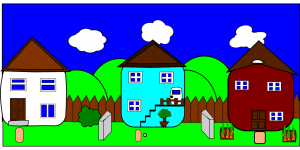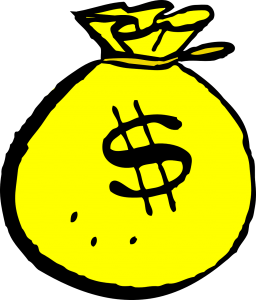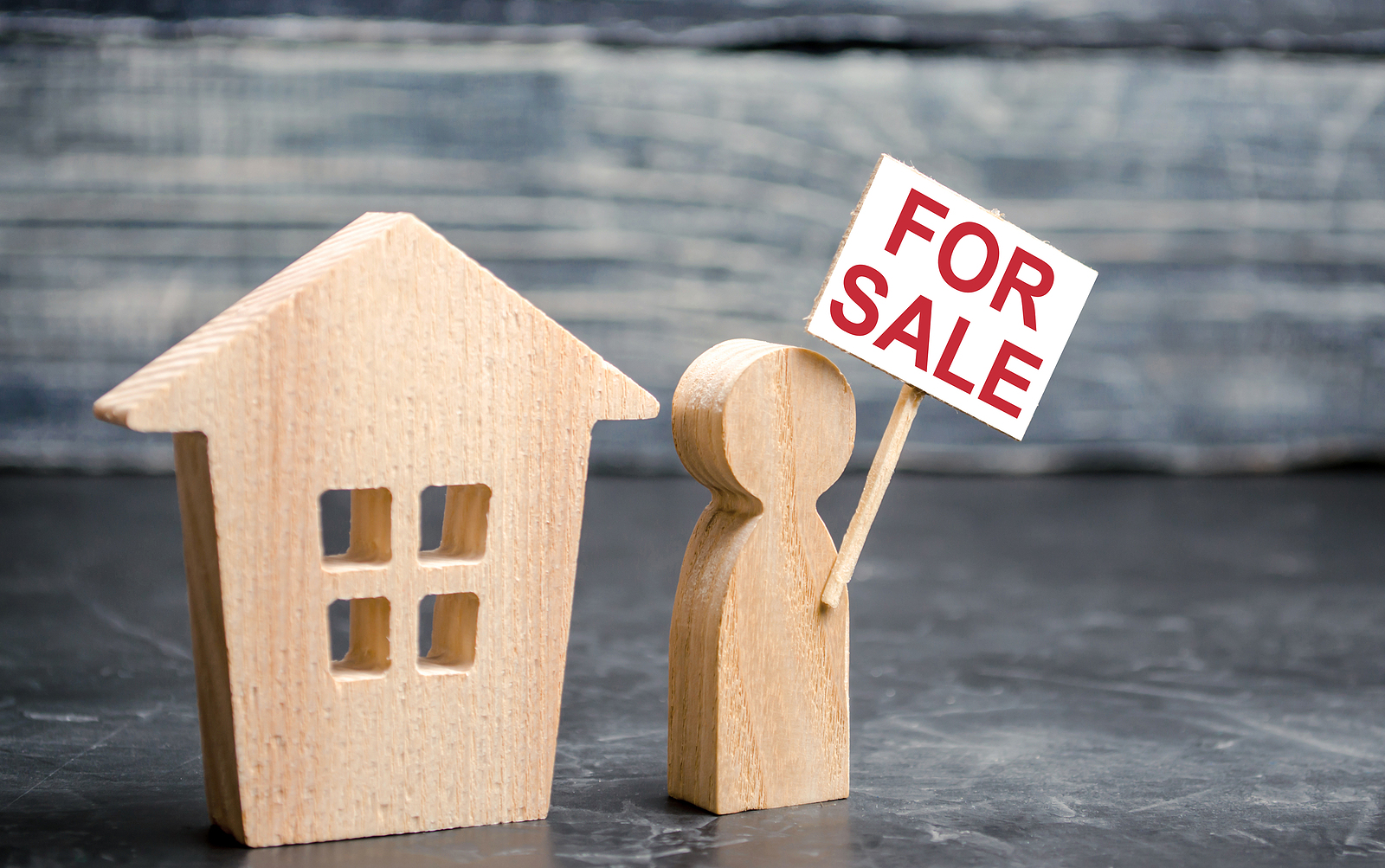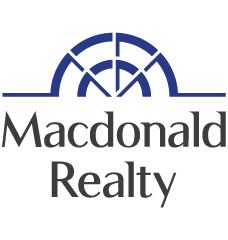Your neighbour Julie just listed her home at $3,500,000. It’s quite similar to yours so, naturally, you assume your home is worth the same amount.
Do you know what the list price of a home is known as in the real estate world?
“Fantasyland”
Even though her real estate agent most likely provided her with her most educated guess, based on research (remember, we’re assuming here), the seller has the final word on how much to list the home for. Therefore, the list price of any home represents what the seller is hoping to get for the home.
Whatever amount Julie decides to take for the home, it becomes a comparable that will be used in determining your home’s market value.
Confused?
Just remember that a home’s value is based on what a willing buyer will pay for it and a lender will lend on. And, we only have that information when the home sells.
No two homes are identical

Let’s imagine that Julie’s home sold for the full list price of $3,500,000, which isn’t at all far-fetched in the current real estate market.
Both yours and Julie’s house were built by the same builder and you both chose the same model. Therefore, your home is worth the same amount that Julie’s is, right?
Nope. You have faithfully maintained your home throughout the years you’ve lived in it.
Julie? Not so much.
Your neighbor did, however, add some improvements to his home, such as the addition of another bathroom. He also chose his lot strategically, for the value it would add to the home.
Then, there’s your home’s amazing landscaping, which Julie’s house is sorely lacking.
Your home may be worth that $3,500,000 that Julie got for her home. Then again, it may not. With the addition of the bathroom to Julie’s place came more square footage—a value adding feature, according to appraisers.
What else adds value to a home in the eyes of appraisers?

The general condition of the home. Since you’ve maintained your home better than Julie has, it’s a plus $ to the appraiser.
- Amenities, upgrades, additions and other home improvements.
- Location of the home.
- Age of the home.
- Square footage
- Floor plan
- Current market conditions and trends
- Neighborhood characteristics
In the end

Regardless of how much you think your home is worth and how much the buyer is willing to pay, it is the appraiser who has the last word.
This doesn’t mean you are powerless, however. You have the right to point out improvements or anything else that you and your agent think might raise the home’s value over that of your neighbors.
The buyer has a right to challenge a low appraisal. Keep a log of any upgrades that you made to your home over the years. When it’s time to sell, you can provide this to your Realtor and the Appraiser, sometimes they make assumptions that are wrong.
About the Author:

The above article on Confused about your Vancouver home’s value? was provided by Regan Pyke, a leader in the field of sales, marketing, and Real Estate Investing. Regan can be reached via email at [email protected] or by phone at 778-228-2448.
Thinking of selling your home? I have a real passion for buying and selling Real Estate, as well as marketing & real estate investing. I’d love to share my expertise!



 EN
EN
 FR
FR